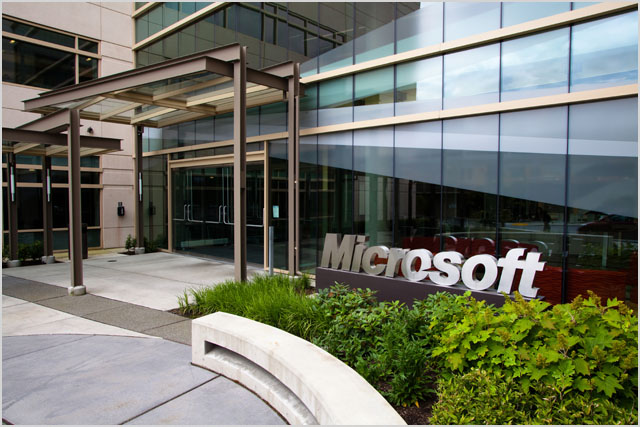news Microsoft Australia has revealed that PC and laptop retailer The Laptop Factory Outlet, based in South Granville, NSW, will fork out $50,000 in damages for infringing the software giant’s copyright, after it used Windows Certificates of Authenticity (COA) from used PCs on new PCs loaded with counterfeit software.
LFO, a large retailer of PCs and laptops, deals from both its South Granville premises and its website. Subsequent to Microsoft’s investigations, according to a statement issued by Microsoft last week, LFO’s directors confessed to buying second-hand PCs, removing the COAs from them and reusing them on new PCs loaded with pirated software.
These new PCs were then retailed to their customers. According to the settlement, LFO will replace the counterfeit software with the genuine product and attach the associated correct COA to customers’ new PCs for free. Microsoft has suggested that customers who have purchased a Windows PC from LFO get in touch with the retailer.
Warning of the risks associated with fake software, Microsoft attorney Clay Noble advised consumers to educate themselves about indicators of pirated software explained on the Microsoft website before they make software purchases. Noble added that altering Certificates of Authenticity could easily fool customers into purchasing software that was not legitimate and correctly licensed.
“This can expose them to the potential dangers of counterfeit software, including the risk that it comprises malware which causes computer viruses, or key-logging software that can be used to steal identities,” Noble explained.
The news comes as Microsoft Australia has continued to ramp up its anti-piracy efforts recently. In June the company revealed it had successfully prosecuted a Queensland man who was selling counterfeit copies of the company’s software packages, with a judge ruling the defendant would have to pay Microsoft $90,000 in civil damages and the man separately pleading guilty to several dozen counts of fraud.
And in March it was revealed that an un-named Melbourne-based advertising agency had agreed to pay $100,000 in damages to an alliance representing software companies including Microsoft, after it admitted it didn’t have licences for all of the software it was using.
Image credit: Microsoft


All too common unfortunately.
I certainly remember an employment agency in Melbourne I was dealing with about a decade ago on a consultant basis, and the first audit performed on their systems showed that the same standard (not volume) licence key had been used repeatedly across the network, both on servers and workstations.
We came to them after an “anonymous tip-off” to Microsoft that they were not corrected licensed. Oddly enough, their “IT Manager” – (I use the term loosely) – had “recently” been fired from the organisation.
I forget the exact numbers, but once we’d audited and sent processed the required licensing, they were up for about $15,000 from memory – much cheaper than Microsoft were threatening to sue for if the situation wasn’t rectified.
Microsoft tend to offer corporates time to “fix it”…but get nasty when they don’t.
Sounds like these chaps didn’t fix it.
Comments are closed.